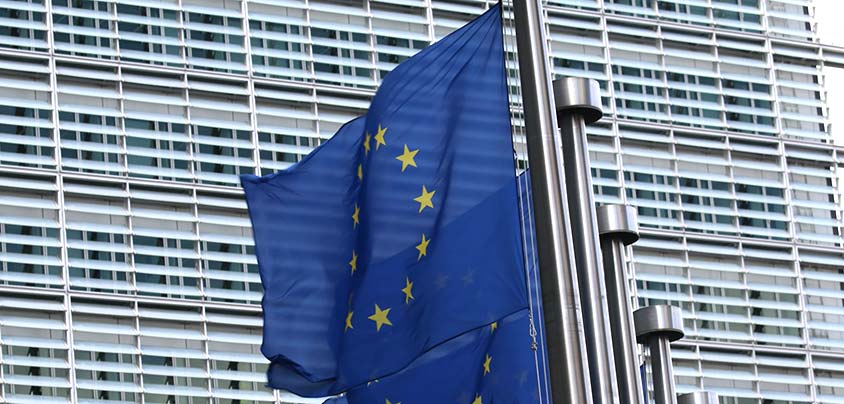On June 1, 2021, the European Public Prosecutor’s Office (EPPO) launched operations. While most EU Member States are cooperating with the EPPO, a significant minority have not yet joined the initiative.
The EPPO is an independent body based in Luxembourg, with 22 participating EU Member states. The first supranational prosecutor’s office, the EPPO can investigate and prosecute crimes that affect the EU budget — including fraud, corruption, money laundering and cross-border VAT fraud — as well as other illegal activities that are “inextricably linked” to crimes against the EU budget. The EPPO can also initiate the arrest of suspects; however, such action must be conducted with the agreement of relevant national authorities.

Operating as a single office and organized on two levels, the EPPO combines European and national law enforcement efforts. The central level supervises EPPO investigations and prosecutions and comprises the European chief prosecutor, 22 European prosecutors (one per participating country, two of whom are appointed as deputy European chief prosecutors), and the administrative director. A second, decentralized level includes European delegated prosecutors located in the participating countries.
The EPPO’s investigations and prosecutions are independent of the European Commission, other EU institutions and national bodies, although it will work in cooperation with other agencies. Its partners include OLAF, Eurojust and Europol, as well as authorities of Member States that are not participating directly as a part of the EPPO.
Non-participating Member States include Hungary, Ireland, Poland and Sweden, any of which can join at any point in the future. The same opportunity applies to Denmark; however, that country has made it clear that it is unwilling to participate.
Click here to read the original article published by Ally Law member firm KCG Partners.




